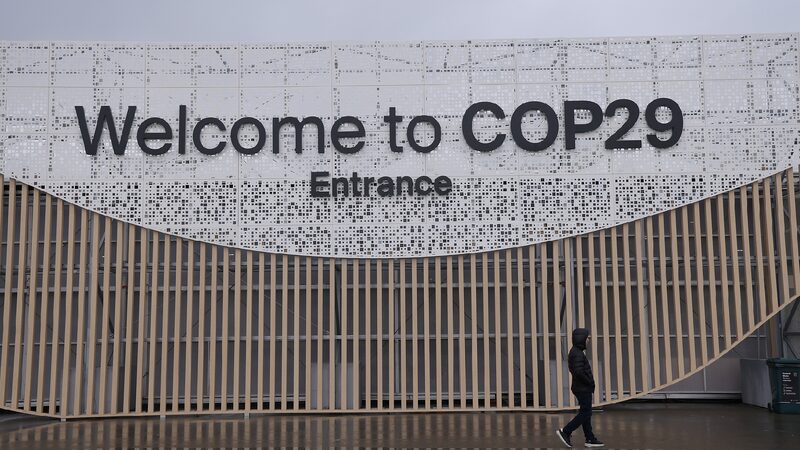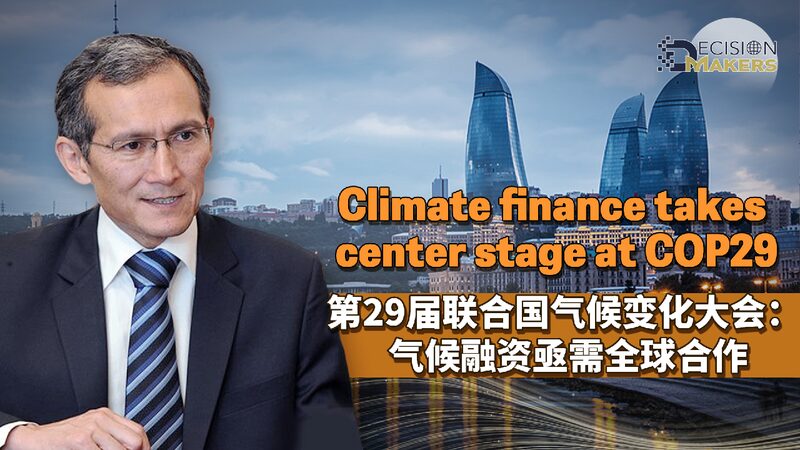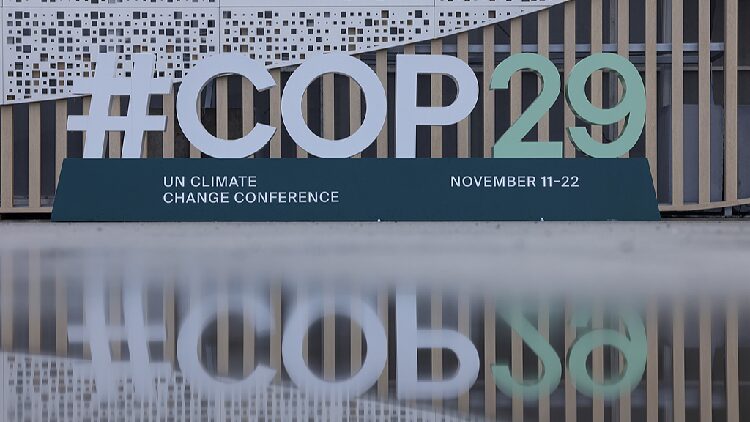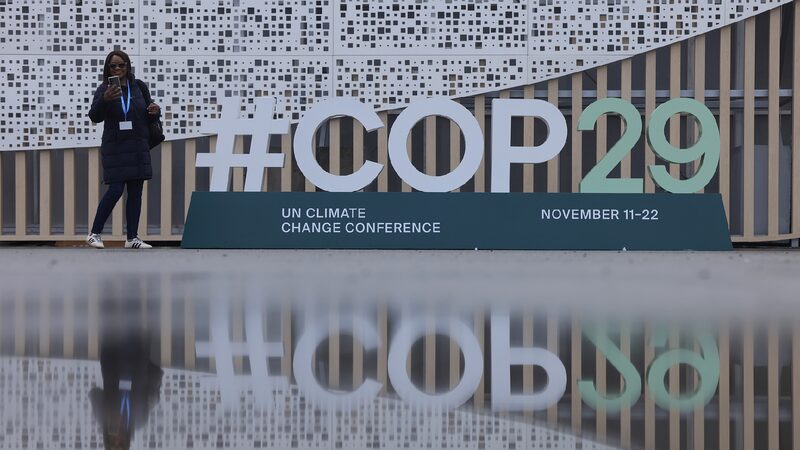The recent COP29 climate summit in Baku, Azerbaijan, highlighted a stark reality: the Global South is stepping up to combat climate change while wealthier nations lag behind on their promises. Despite contributing the least to global emissions, countries like Kenya, Brazil, and Grenada are pioneering innovative solutions to address the climate crisis.
Kenya showcased its solar-powered irrigation systems aimed at boosting food security and reducing emissions. Brazil reaffirmed its commitment to protecting the Amazon rainforest, a critical carbon sink that absorbs billions of tons of carbon dioxide annually. Grenada joined the Global Cooling Pledge to significantly cut cooling-related emissions by 2050 through sustainable technologies and energy efficiency.
However, these ambitious efforts come with hefty price tags. African nations alone need approximately $280 billion annually by 2030 for climate adaptation and mitigation—far beyond their financial means. While COP29’s establishment of the Loss and Damage Fund, with $700 million pledged, is a positive step, it falls short of the estimated $580 billion required each year by 2030 to cope with escalating climate impacts.
Meanwhile, many wealthy nations have yet to fulfill their longstanding financial commitments. The $100 billion annual climate finance promised over a decade ago remains unmet, eroding trust and hindering global collaboration. Additionally, some major emitters have not aligned their climate policies with the goal of limiting global warming to 1.5 degrees Celsius, continuing to subsidize fossil fuels instead.
This imbalance forces the most vulnerable regions to bear the brunt of climate-induced disasters like droughts and floods. Without adequate support, the scalability of successful initiatives in the Global South remains limited, threatening global efforts to combat climate change effectively.
For meaningful progress, developed countries must honor their commitments, increase funding, and support technology transfer to empower the Global South. Collaborative action is essential to build resilient, low-carbon economies and ensure a sustainable future for all.
Reference(s):
cgtn.com








